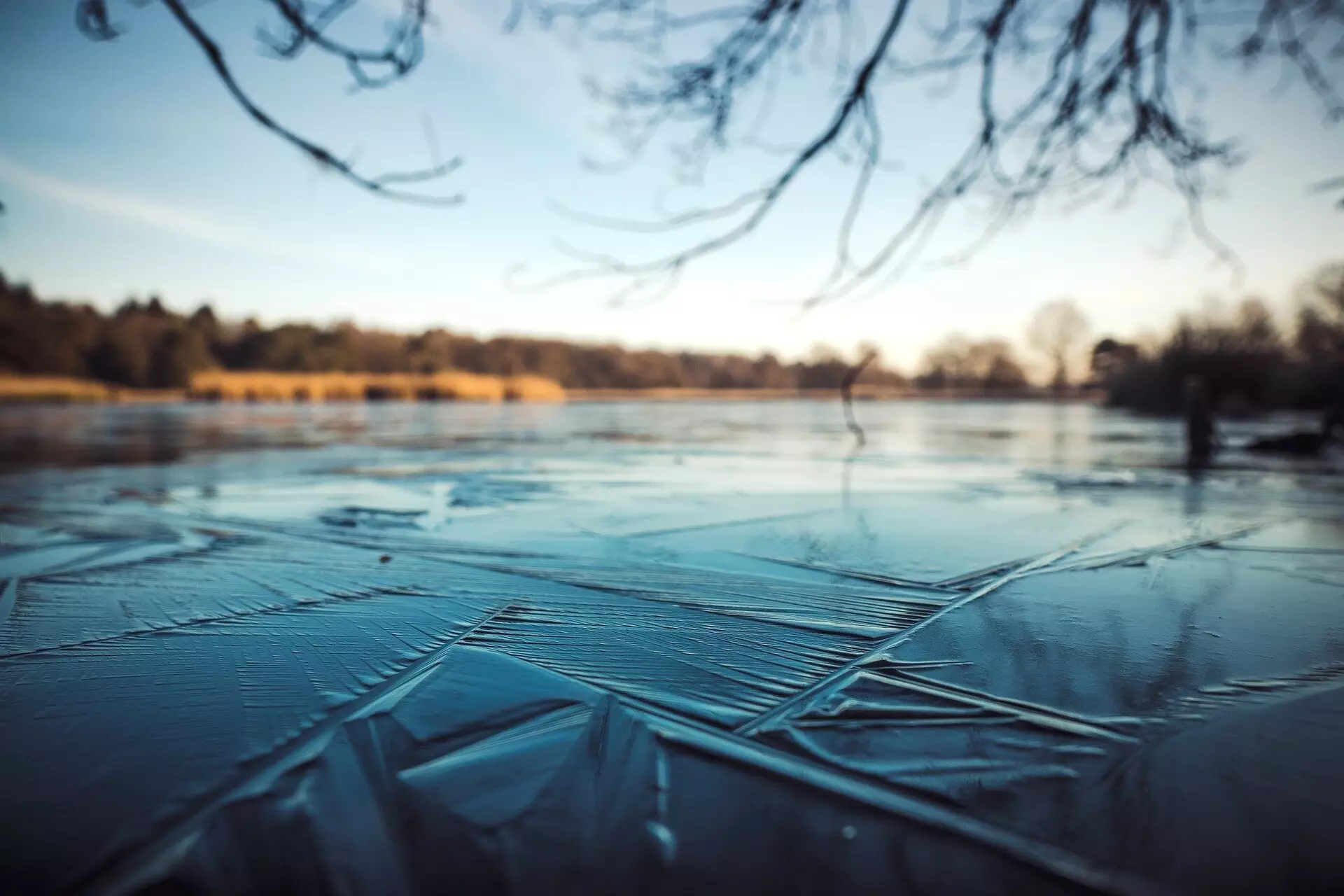Climate change is not just an abstract concept—it’s a palpable reality that is reshaping our environment, particularly the world’s freshwater lakes. Recent research highlights a disturbing trend: the duration of ice cover on these vital bodies of water is declining, with significant implications. Conducted by a team of international researchers led by Stephanie Hampton of Carnegie Science, this review published in *Science* calls attention to an urgent need for further exploration of wintertime freshwater ecosystems. As novices to this field begin to probe these changes, the consequences for biodiversity, human safety, and water quality raise crucial questions about the future relationship between humans and freshwater resources.
Over the last quarter-century, the timing of ice formation and melting has notably shifted. A staggering average of 31 fewer days of ice coverage over 165 years indicates that natural cycles are being disrupted. The phenomenon is stark: lakes that once bore the weight of winter are now experiencing unprecedented ice-free years. For communities deeply reliant on lakes for drinking water, recreation, and spiritual practices, this change is daunting. The implications extend beyond mere inconvenience, threatening cultural identities and livelihoods.
The ecological ramifications of reduced ice duration are complex and multifaceted. As temperatures rise, the delicate balance of lake ecosystems is thrown into disarray. For instance, warmer waters facilitate the growth of harmful cyanobacteria blooms, which can lead to impaired water quality and pose health risks to both aquatic life and humans. The interplay between temperature and oxygen levels in these waters further complicates matters, as low-oxygen conditions can release sequestered metals from lakebed sediments.
The decline in ice coverage also has profound effects on species diversity. Cold-water organisms, unable to adapt to the rising temperatures, face dwindling habitats while invasive species flourish. This can lead to shifts in the food web, potentially collapsing local ecosystems. Understanding these ecological shifts requires further investigation, particularly regarding how these changes interact with broader climatic trends and human intervention.
The loss of ice on lakes also disrupts global nutrient cycles and the carbon footprint of lake ecosystems. Ice cover historically plays a pivotal role in carbon sequestration, acting as a barrier between the atmosphere and the water below. As global temperatures rise, the phenomenon of increased methane and nitrous oxide emissions from warming waters becomes a pressing concern. The interconnectedness of these lakes within the global water cycle is a minor detail often overlooked but critical in contemplating their future viability.
More alarmingly, the altered evaporation rates resulting from reduced ice cover not only affect lake levels but also lead to potentially catastrophic freshwater scarcity for communities relying on these resources. These changes, coupled with the threat of intensified snowfall and erosion, pose a risk to both infrastructure and human settlement in these regions. It’s a complex situation combining climate change with social and environmental justice issues that must be addressed with urgency.
Despite the urgency of these findings, the field of wintertime lake ecology has been largely neglected due to safety challenges and logistical difficulties associated with conducting research in frozen environments. New initiatives like the “winter school” conducted by Hampton’s team showcase the commitment to training a new generation of researchers in safe and effective methodologies for studying freshwater ecosystems during their most vulnerable seasons.
The appeal for more research into the consequences of shorter ice durations in lakes is critical. It calls for an investment not only in scientific inquiry but also in understanding the socio-economic ramifications of these ecological changes. Proactively utilizing this knowledge could lead to strategies that mitigate the risks associated with climate change, and support both environmental health and community well-being.
In light of these findings, it is evident that we stand at a critical juncture concerning our planet’s freshwater ecosystems. The nuanced interplay between climate phenomena and human communities relying on these resources demands comprehensive examination and dedicated research. As we face a changing climate, understanding the complex dynamics of lake ice loss is more important than ever—an essential precursor to cultivating resilience amidst undeniable environmental shifts. Only through collaborative research efforts can we hope to navigate the fraught landscape of a warming world, ensuring the well-being of both ecosystems and the people who depend on them.


Leave a Reply